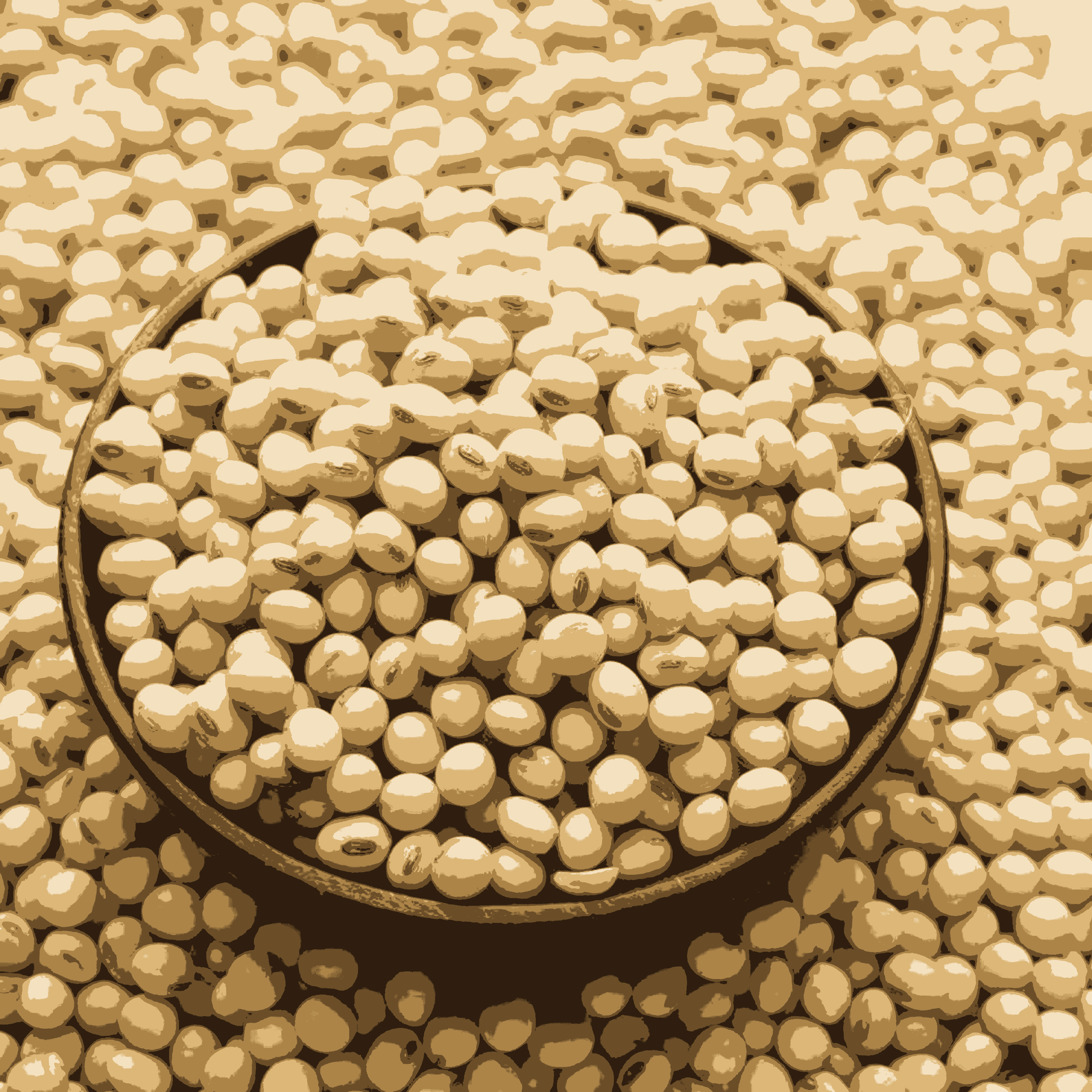
Coriander
Rich in Nutrients:
Coriander is a nutrient-dense herb that provides essential vitamins and minerals. It is a good source of vitamin K, vitamin C, manganese, and folate. These nutrients play vital roles in bone health, immune function, and overall well-being.
Antioxidant Properties:
Coriander contains antioxidants, including flavonoids, carotenoids, and phenolic compounds. These antioxidants help neutralize free radicals in the body, reducing oxidative stress and inflammation. Regular consumption of coriander may contribute to overall health and lower the risk of chronic diseases.
Digestive Health:
Coriander has been traditionally used to promote digestive health. It may help alleviate symptoms of indigestion, bloating, and gas. The essential oils in coriander, particularly linalool, may have anti-inflammatory and antimicrobial effects in the digestive tract.
Blood Sugar Regulation:
Some studies suggest that coriander may help regulate blood sugar levels. Certain compounds in coriander may have hypoglycemic effects, making it potentially beneficial for individuals with diabetes or those aiming to manage blood sugar levels.
Anti-Inflammatory Effects:
The anti-inflammatory properties of coriander may extend beyond the digestive system. Some research indicates that coriander may help reduce inflammation in various parts of the body, contributing to overall health and potentially offering support for conditions associated with inflammation.









